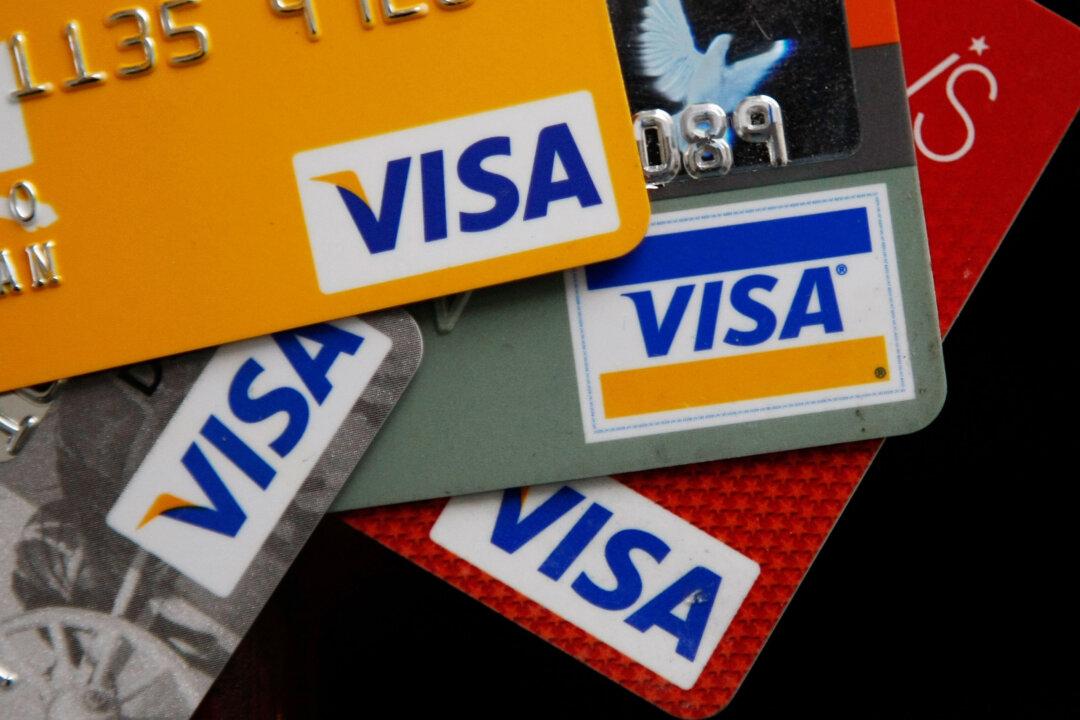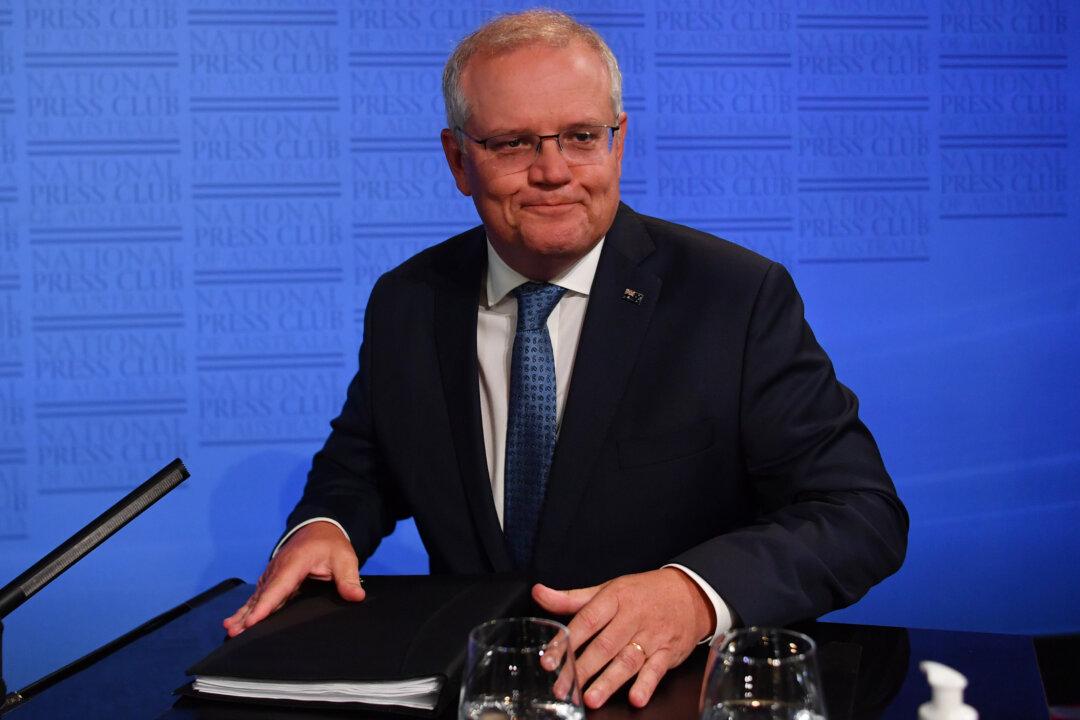Trials for a cashless welfare purchasing card have been extended for two years across selected Australian regions after the legislation was passed by Parliament on Thursday.
The Morrison government’s legislation hopes to improve the welfare system and the lives of deprived families by ensuring welfare money is spent on essential items such as groceries and bills—despite some Indigenous leaders attribute the social dysfunction in Indigenous communities to the welfare system.





